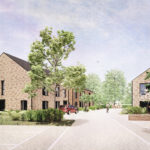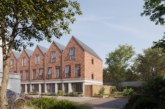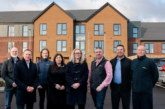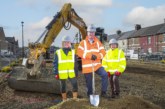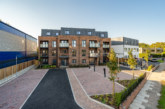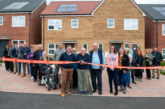Cambridge Investment Partnership has been granted planning permission to deliver the first pilot ‘Passivhaus’ council housing project in Cambridge.
The development at 71-73 Fen Road, East Chesterton will provide 12 low carbon new council homes for local families, comprising eight, two-bedroom homes; two, three-bedroom homes; plus a three-bedroom house and a four-bedroom house designed for wheelchair users.
Cllr Mike Todd-Jones, Executive Councillor for Housing at Cambridge City Council and CIP board member said: “We are delighted to achieve planning to pilot the first ‘Passivhaus’ council homes in Cambridge which will bring much needed new family council rented homes for those on our housing register, including specialist adapted family housing.
“These homes will be delivered to a very high standards of environmental sustainability in and will also contribute towards our goal to be a zero net carbon council in the coming years.”
Cambridge Investment Partnership has worked with experienced architect Pollard Thomas Edwards, The Environment Partnership and Carter Jonas to bring forward the scheme. The pilot ‘Passivhaus’ council homes will have very low energy use and heating costs and will be built using offsite timber frame systems, with thick highly insulated walls and gas free heating.
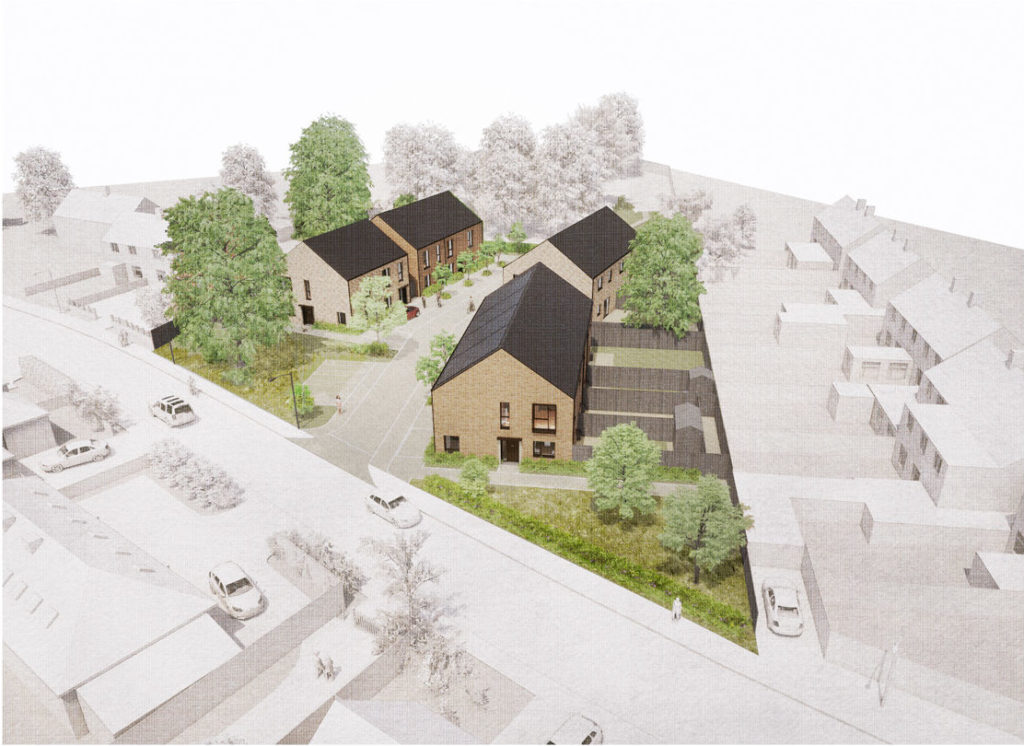 Tom Hill, Regional Director for Hill commented: “This is a significant milestone for our Partnership as we bring forward the first pilot ‘Passivhaus’ council homes in Cambridge. The aim of this pilot scheme is to allow us to explore the delivery of cost efficient low carbon housing for the future in terms of up-front building costs, ongoing maintenance costs for as the Council and low bills for residents.”
Tom Hill, Regional Director for Hill commented: “This is a significant milestone for our Partnership as we bring forward the first pilot ‘Passivhaus’ council homes in Cambridge. The aim of this pilot scheme is to allow us to explore the delivery of cost efficient low carbon housing for the future in terms of up-front building costs, ongoing maintenance costs for as the Council and low bills for residents.”
The site at 71-73 Fen Road, East Chesterton, is currently not in use but accommodates two existing single storey buildings, which are in a poor state of repair and were previously used as an assisted living facility.
As part of the development, CIP will create a new, safe and green access for walking and cycling to the Five Trees open space, which will be preserved in its entirety, helping the local community to enjoy this space.
There will also be parking spaces with electric vehicle charging points and generous provision for new cycle parking. This well positioned site will provide easy access to the city centre and other amenities for local residents.
Passivhaus buildings achieve a 75% reduction in space heating requirements compared to the standard practice for UK new-build homes. The Passivhaus standard therefore gives a robust method to help the industry achieve the 80% carbon reductions that are set as a legislative target for the UK Government.

